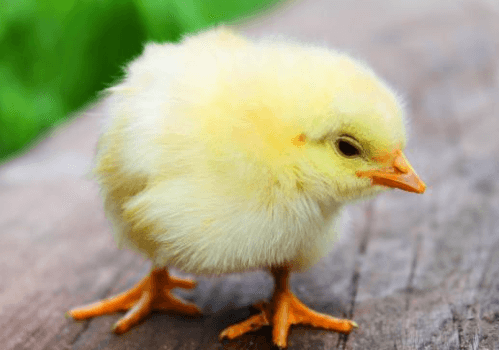Baby:4ejkik28m7u= Chickens

The early life stages of baby chickens, or chicks, present a fascinating interplay of development and care requirements that are critical for their well-being. From the moment they hatch, these creatures demand specific environmental conditions and nutritional support to thrive, revealing much about poultry management practices. Furthermore, their instinctual behaviors, such as foraging and vocalizing, provide insight into their needs and social structures within a flock. Exploring these aspects can illuminate not only the challenges of chick rearing but also the rewarding outcomes that emerge from attentive husbandry. What implications might this have for broader agricultural practices?
Understanding Chick Development
Understanding the stages of chick development is crucial for poultry management and ensures optimal health and growth during their early life.
The embryo development phase, characterized by cell division and organ formation, is vital for a successful hatching process.
Monitoring these stages allows for timely interventions, ensuring that chicks emerge healthy and robust, ultimately fostering a thriving poultry operation.
See also: Avatar:Oz7ld4sys6a= Girl:Oz7ld4sys6a= Roblox
Essential Care Requirements
Proper care requirements for baby chickens are critical in ensuring their health, growth, and overall well-being during the initial stages of life.
A consistent heat source is essential to maintain optimal body temperature, while a well-structured feeding schedule provides necessary nutrients for development.
Monitoring these factors closely will promote the vitality and productivity of the chicks, fostering a healthy poultry foundation.
Fun Facts About Chicks
Discovering the fascinating behaviors and characteristics of baby chickens reveals their remarkable adaptability and social nature, which are crucial for their development and integration into flocks.
Chick behavior includes instinctual pecking and foraging, while chick communication involves a range of vocalizations to express needs and emotions.
Understanding these aspects enhances our appreciation for their complex social structures and individual personalities.
Conclusion
In conclusion, the intricate development and essential care of baby chickens play a pivotal role in their overall health and productivity.
By grasping the nuances of their instinctual behaviors and needs, poultry caretakers can optimize flock dynamics and ensure thriving populations.
As the saying goes, ‘A bird in the hand is worth two in the bush,’ highlighting the importance of diligent management practices to secure the well-being and success of these remarkable creatures.




